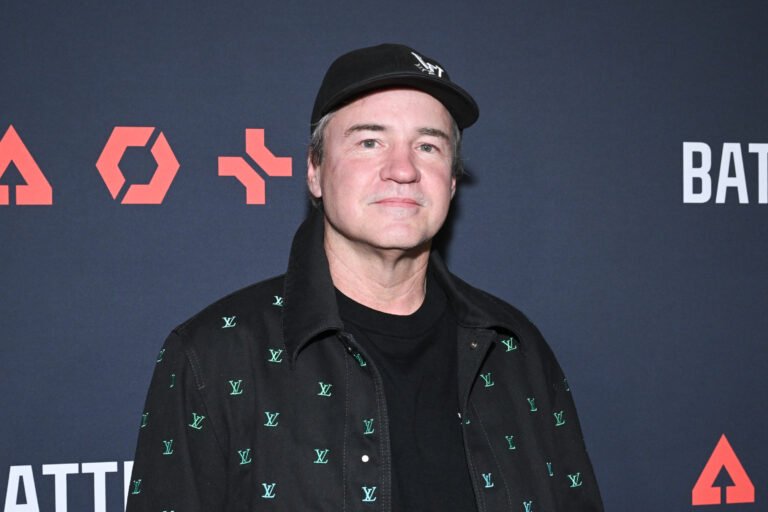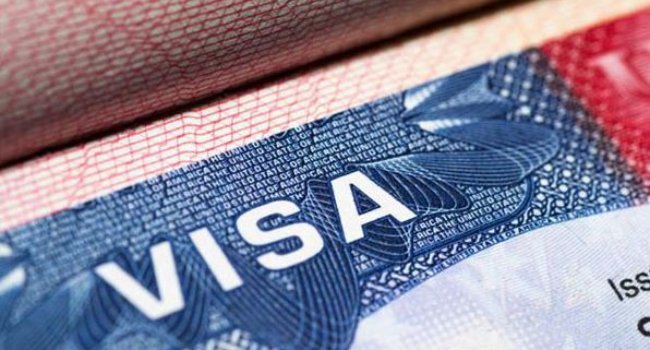South African Olympic Champion, Caster Semenya, has been awarded €80,000 (£69,000) after human rights judges ruled that she had been denied a fair hearing in Switzerland when challenging her ban from athletics. This means there is hope for the sprinter to challenge her ban from athletics, which has lasted since 2018.
In its ruling, the Grand Chamber of the European Court of Human Rights said that there had been a violation in how the case was handled but dismissed complaints regarding discrimination, the right to an effective remedy, and respect for private life.
Semenya’s Athletics Ban
Caster Semenya was banned by World Athletics in 2018 after it introduced rules that restricted testosterone levels over distances between 400m and the mile. This meant that Semenya, who won the 800m Olympic gold in 2012 and 2016, as well as the 2009, 2011, and 2017 World Championships, would have required medication to continue competing in female races.
Also Read:
- Dominica, small country with gold medal In Paris 2024 Olympics
- 2024 Paris Olympics: Tobi Amusan shines in 100m hurdles heats, advances to semifinals
- Paris Olympics faces setback as flooded Seine River delays opening ceremony rehearsal
- Arbiterz Jobs: African Development Bank Group, Palladium, Mastercard, Jumia
“When you are desperate (to run), you will do anything to get what you want. The medication was not designed for my body because I am different.
“I am a woman who is different, I do not have a uterus, I do not have fallopian tubes. I was never happy (taking the medication), it irritated me, I was not myself.” she had said at the time.
Semenya, who is now 34, refused to take medication to lower her natural testosterone level and has not competed since 2019.
“It’s a battle for human rights now, it’s not about competing, it’s about putting athletes’ rights first. It’s about the protection of athletes.” Semenya said last month.
World Athletics further hardened its rules in March 2023 so that athletes with differences of sexual development (DSD) could not compete in any event unless they have lowered their testosterone levels to below 2.5 nmol/L for a period of six months.
They announced a further update to these rules in March that require athletes to undertake a cheek swab test to compete in the female category. World Athletics stated that the test is “a highly accurate proxy for biological sex” and will only need to be taken once by an athlete during their career. The test will detect the SRY gene, found on the Y chromosome.
Semenya’s Legal Struggles
The athlete launched legal challenges to the Court of Arbitration for Sport and the Swiss Federal Court, which were both rejected. She then took her case to the ECHR in 2021, arguing that the government of Switzerland had not protected her human rights.
A press release issued by the court said the judges had found the Swiss courts had “fallen short” in providing what they felt should have been a “rigorous judicial review that was commensurate with the seriousness of the personal rights at issue”.
The ECHR ruling, which cannot be appealed, could mean the case returns to the Swiss federal court.
Semenya has highlighted the potential health implications of taking testosterone-reducing medication and believes that she, and other athletes with DSD, should be able to compete without such interventions. She has reported previously being subjected to gender-testing by World Athletics and did try testosterone-reducing medication as a teenager but says that it made her sick, gain weight and have panic attacks.
Speaking on the latest ruling, Yasin Patel, leading sports barrister at Church Court Chambers, said:
“This ruling is a watershed moment for sports law. The decision of the ECHR opens the door for the regulations that have governed women’s categories across athletics and potentially swimming and football to be struck down.
“Sports federations and the IOC have their hands tied they must lead a rapid, legally compliant rethink or risk having regulations struck down.
“For Semenya, her legal challenge remains alive as her case now returns to Swiss federal court. The next steps will be watched closely by lawyers, athletes and sporting organisations alike.” He concluded.

























